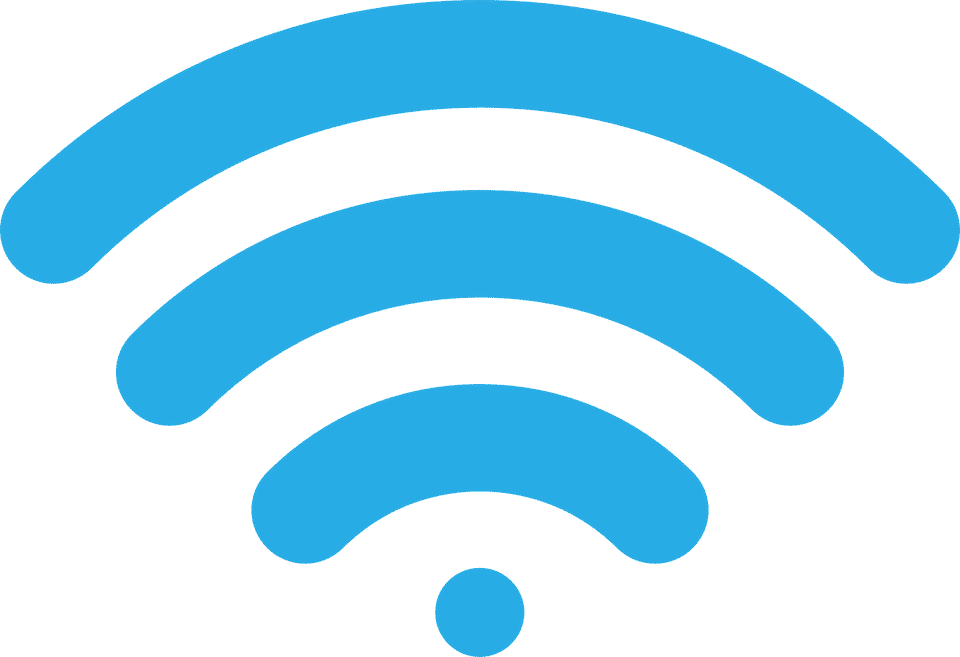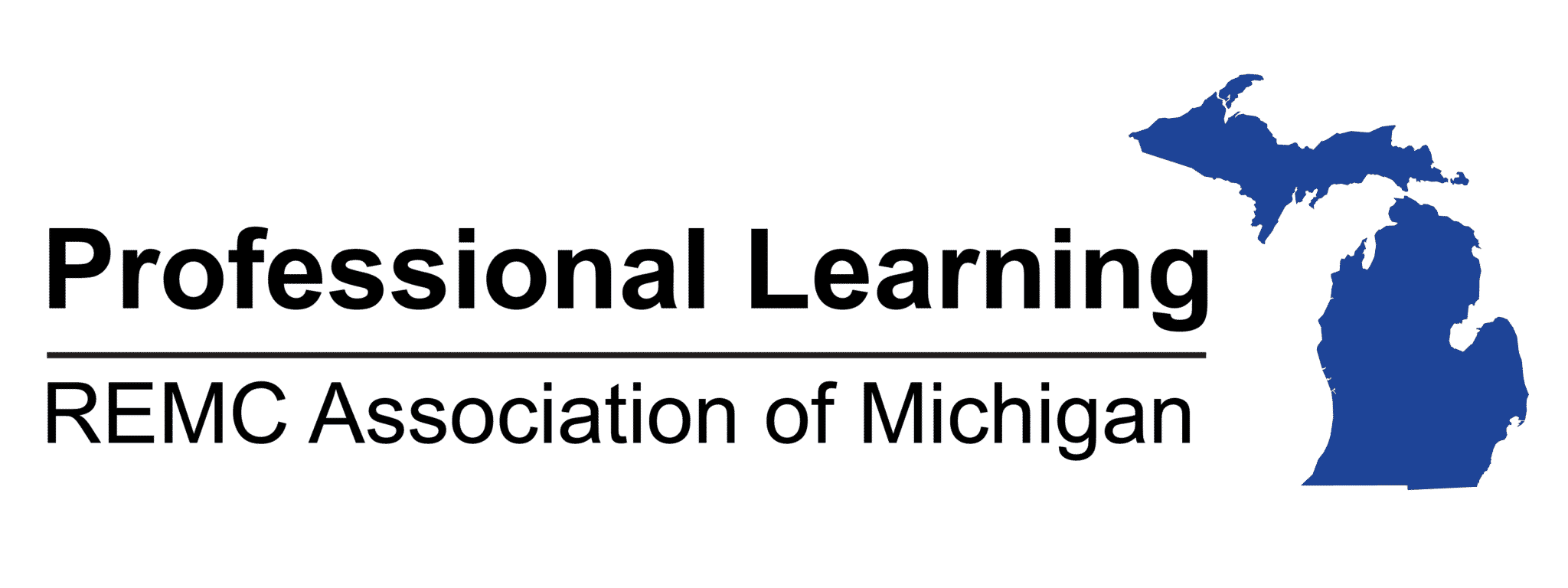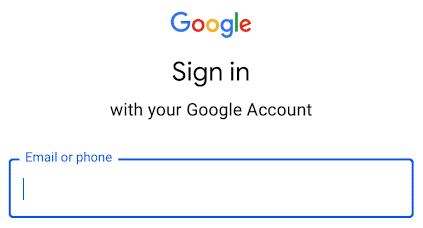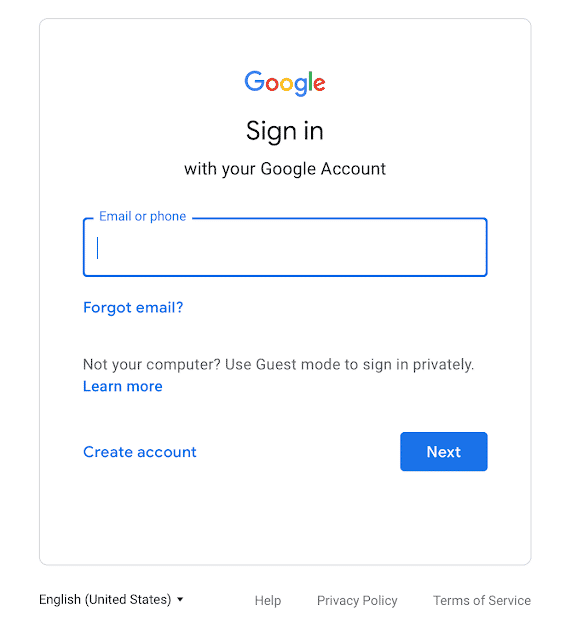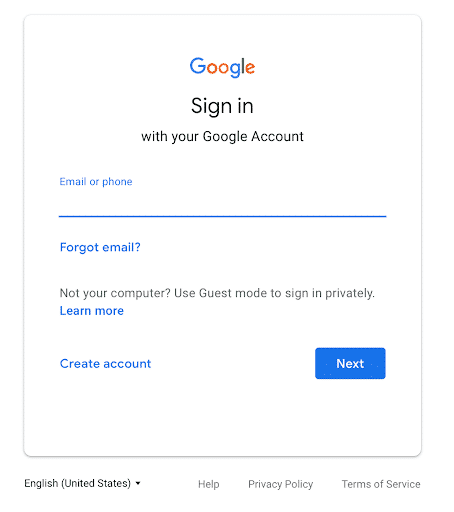 Last week another large online data breach was reported. (Read the article from CNET.) The technicians that checked the breach list found that much of it was current and accurate, which is rare for such a large data set.
Last week another large online data breach was reported. (Read the article from CNET.) The technicians that checked the breach list found that much of it was current and accurate, which is rare for such a large data set.
What can you do?
- Enter in your email address(es) in the following website to see which websites/accounts have been breached, and potentially exposed data about your account. www.haveibeenpwned.com
- Get notifications of future breaches that expose your email address and potentially other sensitive data. www.haveibeenpwned.com/notifyme
- Learn about data breaches and the types of fraud so that you are prepared when it happens.
- Change passwords! Make unique passwords for every account.
- To keep track of all your unique passwords, consider using a password manager like 1Password, Dashlane, LastPass or one of the free ones reviewed here where you only have to remember one [unique and complex] master password and the app will save the rest of your passwords in AES-256 bit encrypted vaults.
- When using a password manager, make sure to set the settings to automatically log you out after a short period of inactivity to prevent others from accessing your vault (it completely defeats the purpose of the vault if you leave the door always open!).
- Read this article: Data breaches can sucker-punch you. Prepare to fight back
Visit these sites for information and next steps if you have been a victim of identity theft:
- https://csrc.nist.gov/
- https://www.consumer.ftc.gov/features/feature-0014-identity-theft
- https://www.usa.gov/identity-theft
- https://www.identitytheft.gov/
- https://www.idtheftcenter.org/
Hope you find this helpful and that it serves to keep you digitally safe during harrowing digital times.
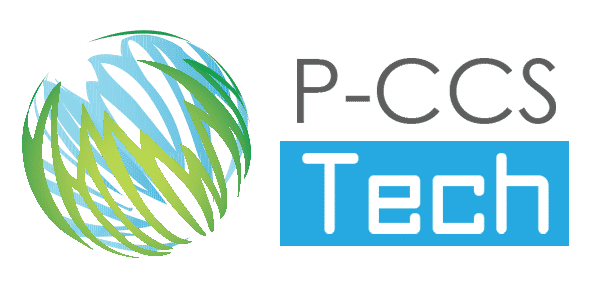
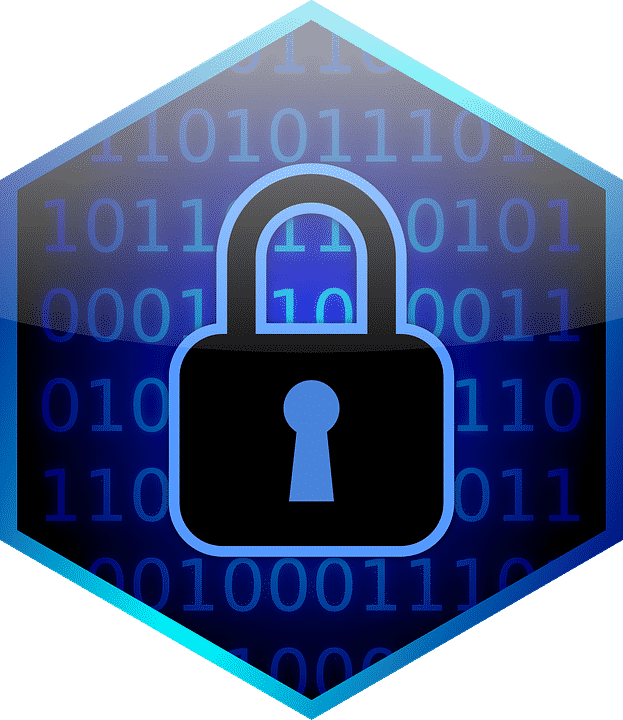
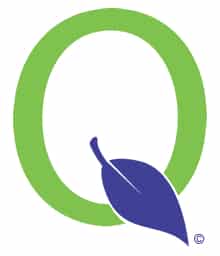
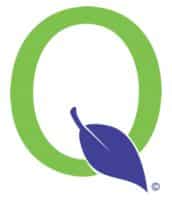 On Saturday, January 12, 2019, MISTAR was updated to version 3.6.1. This update contains over 40 system enhancements and improvements. Click the link below to see a list of the changes, as well as additional details on each.
On Saturday, January 12, 2019, MISTAR was updated to version 3.6.1. This update contains over 40 system enhancements and improvements. Click the link below to see a list of the changes, as well as additional details on each.
 It’s easy to embrace your love of learning with REMC’s Virtual Courses! They offer a convenient way for teachers to connect and collaborate while reducing time and cost. These courses are available throughout the school year and are open to all Michigan school personnel. Best of all, all courses are instructor lead, free, and offer free SCECHs when completed.
It’s easy to embrace your love of learning with REMC’s Virtual Courses! They offer a convenient way for teachers to connect and collaborate while reducing time and cost. These courses are available throughout the school year and are open to all Michigan school personnel. Best of all, all courses are instructor lead, free, and offer free SCECHs when completed.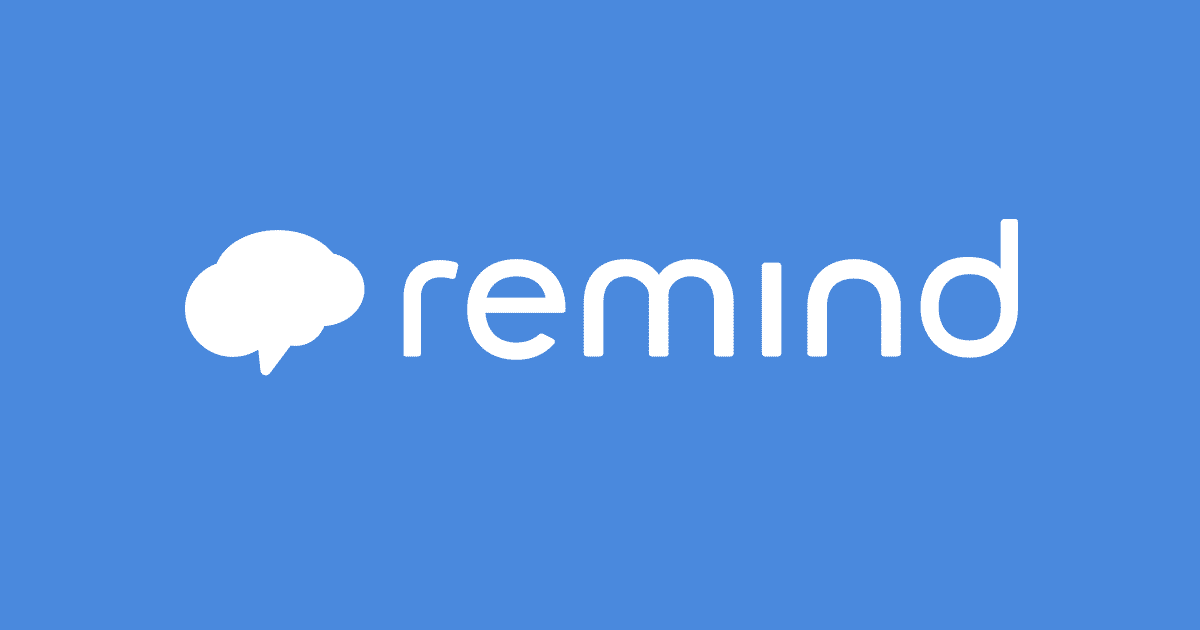
 Remind, previously known as Remind 101, is a commonly used notification system in the district. This is why it is important that all staff utilizing this tool read this blog post. Starting January 28, 2019, Verizon customers will no longer receive Remind notifications through text messaging. Please note that Verizon customers, as well as all other users of Remind, can still receive notifications through the Remind app. Please read below for further details from Remind’s announcement regarding this issue.
Remind, previously known as Remind 101, is a commonly used notification system in the district. This is why it is important that all staff utilizing this tool read this blog post. Starting January 28, 2019, Verizon customers will no longer receive Remind notifications through text messaging. Please note that Verizon customers, as well as all other users of Remind, can still receive notifications through the Remind app. Please read below for further details from Remind’s announcement regarding this issue.

